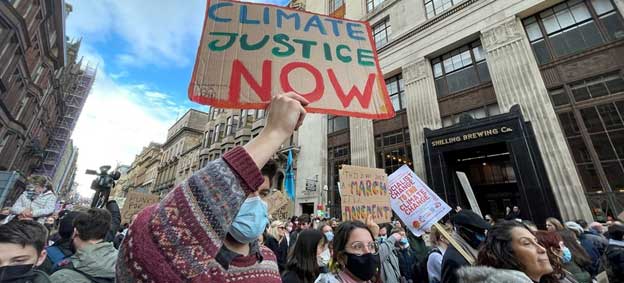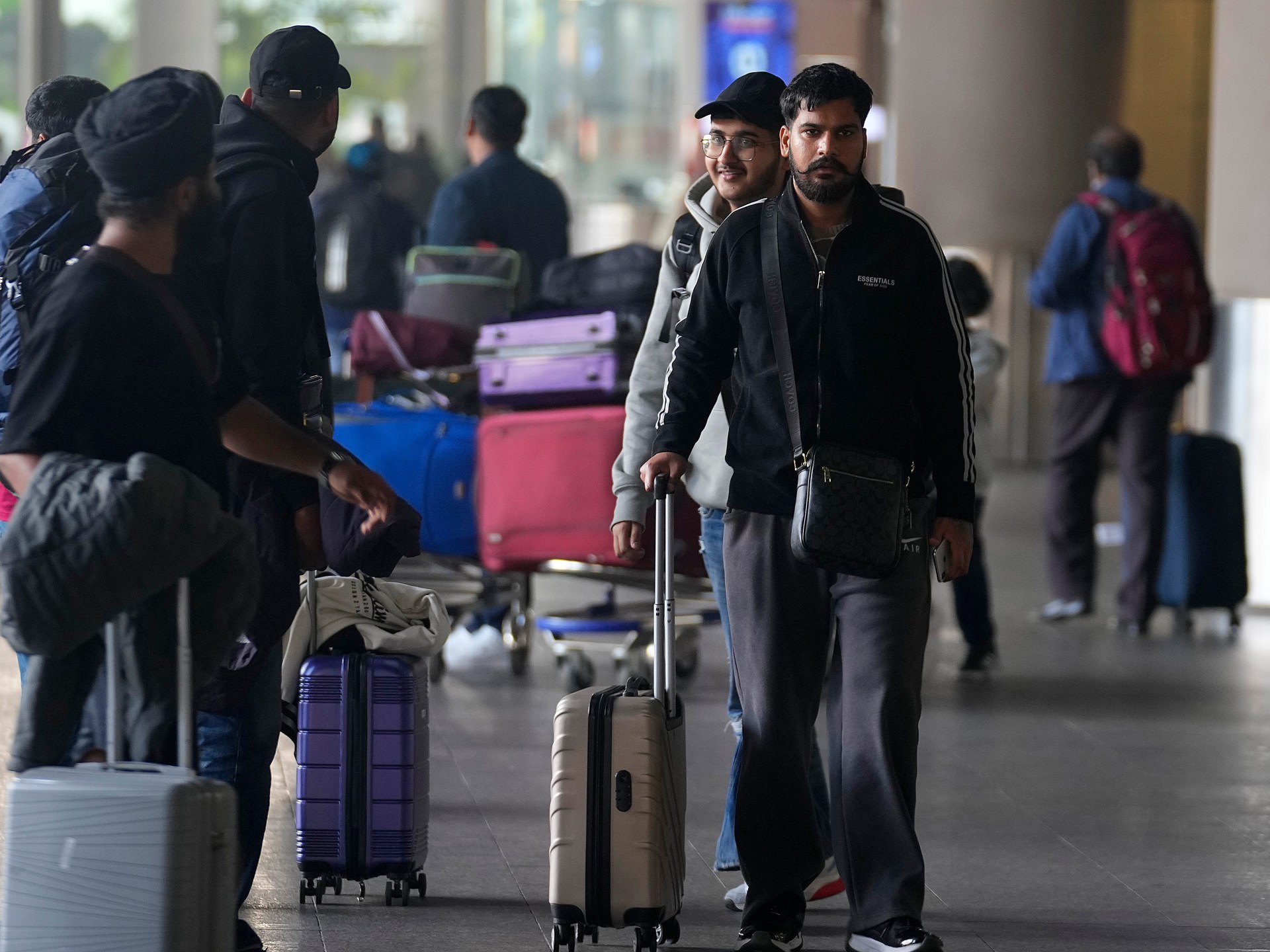As Kim Jong Un heads to meet Putin, U.S. warns against arms deal
The meeting in Vladivostok is likely to fuel concerns in Washington and like-minded capitals about increased military cooperation between Moscow and Pyongyang at a critical juncture in Russia’s war in Ukraine. U.S. and South Korean officials also have warned that North Korea may seek critical technologies from Russia to boost Pyongyang’s nuclear and weapons ambitions.
The two leaders are increasingly finding their perceived interests aligning in their efforts to reduce U.S. influence in the region.
Kim is likely to ask for food aid and weapons technology in return for supplying Russia with Soviet-designed munitions, according to U.S. and South Korean officials and security experts. Pyongyang is also likely to be interested in increasing the number of North Korean laborers working in Russia to generate much-needed foreign currency, despite U.N. bans.
White House officials have urged North Korea in recent weeks to cease its arms negotiations with Moscow and to stick to public commitments it has made to not provide or sell arms to Russia.
State Department spokesperson Matt Miller said at a news briefing Monday that the U.S. government would be watching closely for sanctions violations. “We don’t think it’s a social visit,” Miller told reporters.
“We urge the DPRK to abide by the public commitments that Pyongyang has made to not provide or sell arms to Russia,” said Adrienne Watson, a spokesperson for the White House National Security Council, using an official acronym to refer to North Korea.
Kim “will soon visit” Russia at the invitation of Putin and “will meet and have a talk with Comrade Putin during the visit,” according to the Korean Central News Agency, the North Korean state news agency.
Making his first known international trip since he imposed a strict border shutdown in early 2020, Kim left Pyongyang on Sunday on his famously slow-moving armored train, accompanied by other top government officials, according to state media.
Although Pyongyang and Vladivostok are only 425 miles apart as the crow flies, the journey takes roughly a day.
Kim arrived in Russia sometime early Tuesday, the South Korean Defense Ministry said.
The annual Eastern Economic Forum is being held this week in Vladivostok, with Putin expected to attend on Tuesday, the Russian government said. South Korean analysts have pointed to that day as the most likely date for the two men to meet.
Kim’s visit would be a sign that the countries have reached an agreement to expand the weapons trade between Moscow and Pyongyang, said Sergei Markov, a Kremlin-connected political analyst.
Washington and its Western allies are rallying behind Ukraine in the war through weapons and financial support and with sanctions on Moscow. Meanwhile, President Biden is strengthening ties with Tokyo and Seoul in the face of North Korean threats. And Washington is not willing to give the sanctions relief that Kim seeks.
Russia needs a steady supply of munitions to help stave off Ukraine’s counteroffensive, forcing it, in isolation over the invasion, to turn to pariah states such as North Korea and Iran for cheap and compatible sources of weaponry.
Moscow is on track to fire more than 7 million rounds of artillery this year, in a grueling battle of attrition to hold onto the territorial gains it made last year.
The country has ramped up its own production of artillery and is set to produce some 2.5 million rounds this year, but this is still a significant shortfall in comparison with its needs, according to Jack Watling, the senior research fellow for land warfare at the Royal United Services Institute, a British think tank.
U.S. analysts say Russia is so desperate for weapons support that it welcomes any aid — even from a small-arms player such as North Korea that may provide minimal impact on the front lines. In addition to stockpiles of ammunition that is compatible with Russian weaponry, North Korea also has production capacity to which Russia hopes to gain access.
Putin’s decision to meet with Kim may also be a response to South Korea’s support for Ukraine by backfilling U.S. munitions supply and potentially shipping weapons directly to Kyiv, said Andrei Lankov, a Russia-North Korea relations expert at Kookmin University in Seoul.
Seoul has been wary of Moscow’s response in its public acknowledgments of its weapons support for Ukraine.
“The primary motive behind this ostentatious signaling appears to be Russia’s concern about the possible shipment of South Korean weapons,” Lankov said. “By indirectly threatening to bolster cooperation with North Korea, Moscow signals that Seoul may face consequences if its support of Ukraine goes too far.”
Since Russia’s invasion, Pyongyang has become a vocal supporter of Moscow, joining the select club of just five countries that declined to condemn Russia’s invasion of Ukraine, and it also has expressed support for Russia’s illegal annexation of parts of Ukraine.
Russia has tacitly supported North Korea’s nuclear and weapons advancement since the 2019 collapse of U.S.-North Korea diplomatic talks. Along with China, Russia has hampered U.N. Security Council efforts to impose sanctions on Pyongyang for violating the council’s resolutions banning ballistic weapons testing.
At the end of World War II, the Soviet Union helped usher in a communist regime in the northern half of the Korean Peninsula. North Korea’s founding leader, Kim Il Sung, invaded the U.S.-aligned South in 1950 with the support of the Soviet Union and China.
The war ended in a cease-fire in 1953, and North Korea became heavily dependent on the Soviet Union for economic assistance. The collapse of the Soviet Union in 1991 exacerbated North Korea’s food insecurity, which led to a famine estimated to have killed as many as 3 million North Koreans.
Since the end of the Cold War, North Korea has balanced its relationship with Russia and China as the ruling Kim regime has sought to decrease both countries’ influence over Pyongyang and to be self-sufficient.
Now, the two leaders are looking to signal that they want to work together, though it remains unclear whether either country would secure long-term and tangible gains from such a summit.
“Both sides seek to create the impression that a military cooperation deal is imminent, hoping that this impression will serve as an effective tool for diplomatic leverage,” Lankov said.
Belton reported from London. Min Joo Kim in Seoul and Adam Taylor in Washington contributed to this report.
Check out our Latest News and Follow us at Facebook
Original Source







